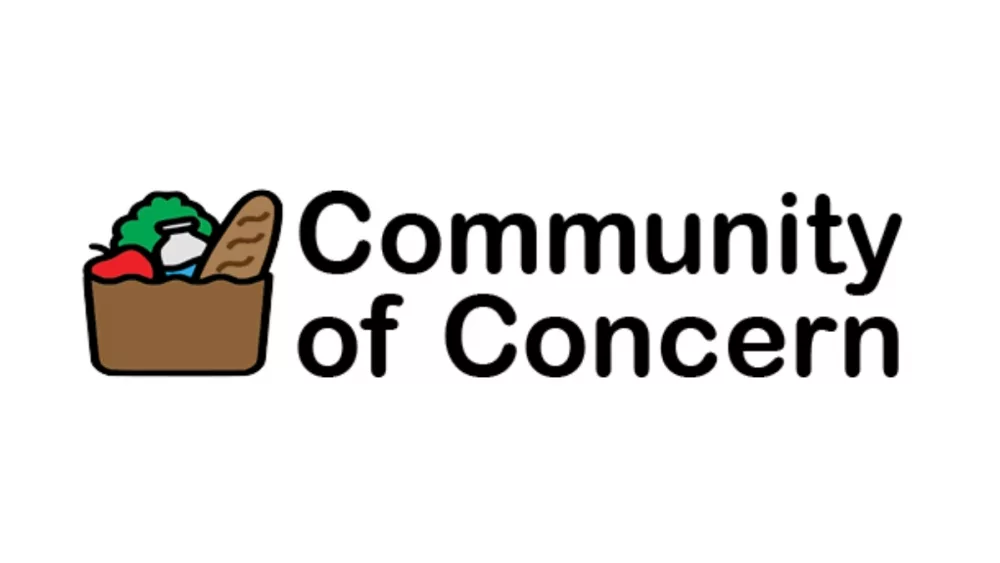In the past 20 years, the rates of suicide have been steadily increasing in Iowa, and the pandemic has only added to the stressors people are facing that result in depression and anxiety. Psychiatrist at St. Anthony Regional Hospital, Dr. Amy Canuso, sat down with Carroll Broadcasting to talk about this very sensitive and far-reaching topic. We are going to break this interview into two sections, first focusing on alarming statistics and the suicidal individual. Later we will discuss how we can help those left behind; the loved ones, the friends and in-particular, the children. Dr. Canuso begins with the staggering facts.
And though there are many different ways people attempt suicide, those that are completed are overwhelmingly from one method.
She says this is particularly important with people who are under the influence of alcohol or drugs. She says many people who are suicidal yet sober can rely on their better judgment to bring themselves safely out of that mindset.
Canuso adds that when they have studied people who have thought of suicide or attempted it, they find that the overwhelming majority have regretted the act nearly immediately. She also points to an increase in childhood suicides in the past five years.
Technological bullying often plays a role in reinforcing these negative feelings.
Canuso says there are many different paths to suicidal thoughts. Very few people have the psychotic delusions or hallucinations that lead to suicide. There are those going through what is called organic depression, a disease so fraught with chronic pain some feel they just can’t go on. People in those two categories can be helped with medication. Then there are those facing what they see as overwhelming stress—financial, family drama, drug and alcohol problems, systemic racism or socio-economic challenges—who see no way out.
But there are others who give no sign they are considering suicide. They will not reach out for help and they will silently go about carrying out their plans. Canuso says these are usually very high-functioning people who are suffering and nobody knows it. They make up about 10 percent of suicides as those that have no psychiatric diagnosis, have never been seen by a provider and have never reached out for help. Canuso says that if you believe anyone is even contemplating suicide, it is better to reach out to the police to do a welfare check or to St. Anthony Regional Hospital or the Iowa or National Hotlines to get them the help they need. She says it is better to have your loved one angry with you than to lose them to suicide. Contact information for these resources can be found below. We will bring you the second in the two-part series regarding survivors in an upcoming newscast.
To get help for a friend or loved one you believe may be suicidal, call your local police department and ask that they do a welfare check or:
St. Anthony Regional Hospital Crisis Line: 800-562-6060
National Suicide Hotline: 800-273-8255
Iowa Suicide Hotline: 800-332-4224









